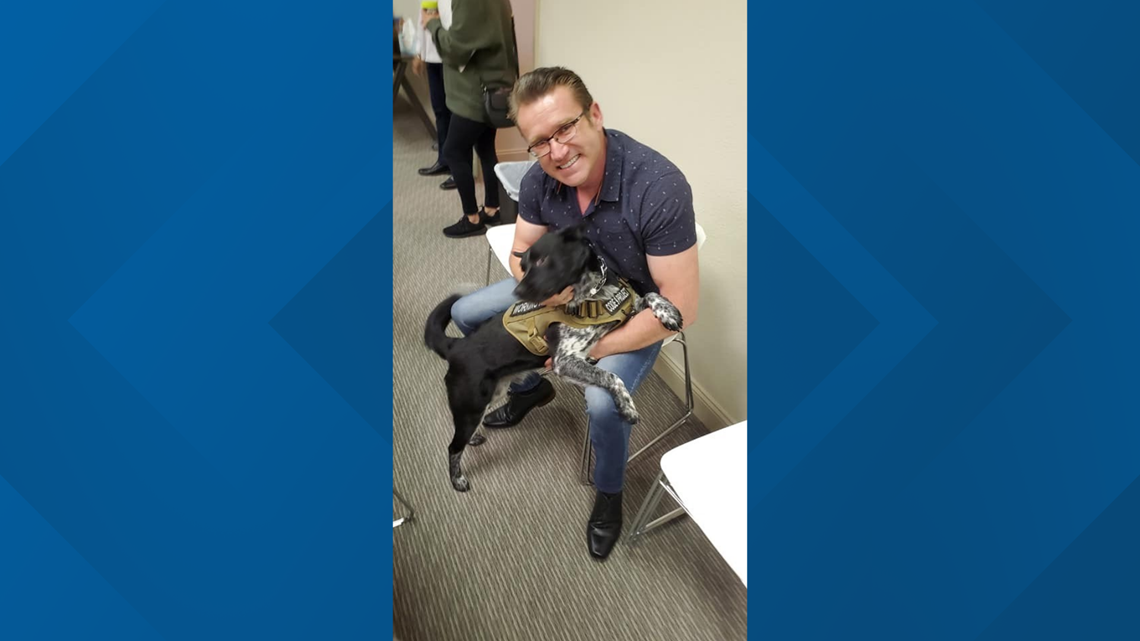ARIZONA, USA — Veterans, first responders and law enforcement all undergo intense training to stay strong and be ready at a moment’s notice, but on the inside for many, it's a different story.
Some battle PTSD, others battle suicidal thoughts.
But a national nonprofit with members here in Arizona, is working to lift the spirits of those struggling.
It's no surprise that people on the front lines endure a lot on the job. Every day, the potential is great that they'll be exposed to a traumatic situation, and not just once, but multiple times. For some, it eventually traumatizes their minds.
"It affects us physically, emotionally,” said Brandielee Baker, former first responder and trauma survivor.
Baker knows the pain of losing a loved one who struggled.
"I understand PTSD very well and I lost a very, very close family member in 2010 who was a combat veteran and also a law enforcement officer," she said.
"Resources and training and support were hardly in existence back then,” said Baker.
That’s why she created The Code 9 Project, a national nonprofit providing education and training for first responders, veterans and their families to prevent PTSD and suicide.
"To make sure that ongoing training, resources and advocacy are available," she said.
Two members of the team are from Arizona, former Mesa Police Chief John Meza and Mesa Police Detective Fred Bamonte. Both have been in law enforcement for more than three decades.
"We all deal with post-traumatic stress. I have throughout my career,” said Meza.
"We do. We have traumatic experiences all the time," said Bamonte.
Through The Code 9 Project, they have both been able to find helpful tools officers can apply to everyday life.
"It has experts in the behavioral health arena and then it has folks that have lived it," said Meza.
Both agree, the resources The Code 9 Project provides are priceless.
"I've seen it definitely improve people and make their lives a lot better," said Bamonte.
“People want to have that tough person image that hey, nothing bothers me,” said Meza. “We have to break through that."
"You are not alone. Reach out. Help is available,” said Baker. “There is hope."
For more information about The Code 9 Project and the services the organization provides, visit their website.



